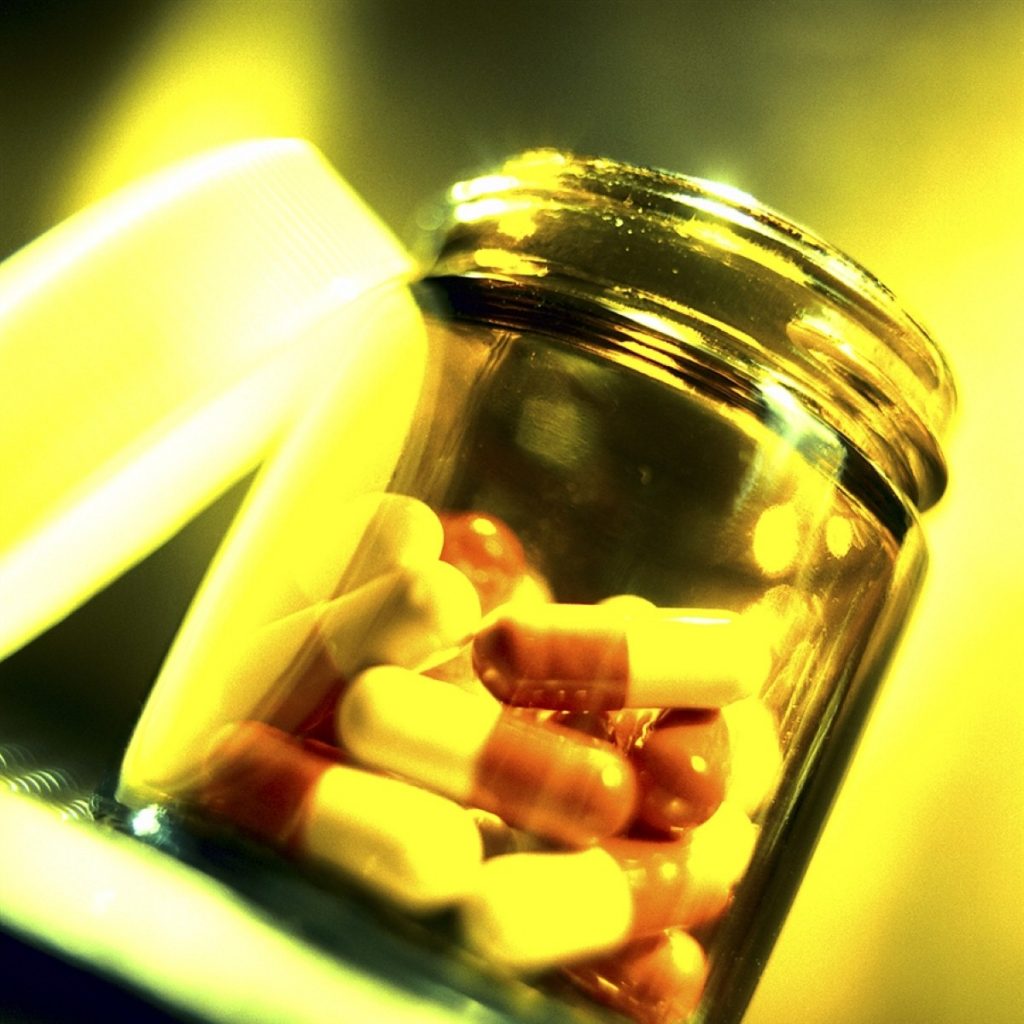‘Legal highs’ to be banned
By Ian Dunt
‘Legal high’ drug Spice and the chemical solvent GBL are to be banned by the end of the year, the home secretary has confirmed.
The move represents a swift response to recommendations from the government’s Advisory Council on the Misuse of Drugs (ACMD), which found the substances to have unpredictable effects on health earlier this month.
“There is a perception that many of the so called ‘legal highs’ are harmless, however in some cases people can be ingesting dangerous industrial fluids or smoking chemicals that can be even more harmful than cannabis,” Alan Johnson said.


“Legal highs are an emerging threat, particularly to young people, and we have a duty to educate them about the dangers. That’s why we are also launching a campaign in September to highlight the risks.”
The chemical solvent GBL (gamma-butyrolactone), which is converted, with a like chemical, into the class C drug GHB (gamma-hydroxybutyrate) in the body will be controlled as class C drugs and banned when intended for human consumption.
Synthetic cannabinoids – man-made chemicals sprayed on herbal smoking products such as ‘Spice’ which act on the body in a similar way to cannabis – will be controlled as a class B drug alongside cannabis.
BZP (Benzylpiperazine) and related piperazines, which are stimulants taken as an alternative to amphetamines, will be controlled as class C drugs.
The new classifications will come with a new information campaign aimed at young people starting university.
Chair of the ACMD Professor David Nutt, who previously came under fire from senior government sources for suggesting Ecstasy be downgraded to class B, commended the home secretary on his decision.
“We welcome the government’s decision to accept our advice and bring GBL; BZP; 1.4-butanediol; synthetic cannabinoids and 24 anabolic steroids within the Misuse of Drugs Act,” he said.
“We made these recommendations as it is important to highlight that these are in fact dangerous drugs, especially when mixed with alcohol.
But drug reform activists derided the decision as further evidence of government ineptitude on the drugs issue.
Steve Rolles of Tranform told politics.co.uk: “This is a myopic, shot-term, knee-jerk reaction.
“These things are undoubtedly harmful, but it would be better to regulate them.”
A further 24 anabolic steroids – testosterone-like products often used by sports people and increasingly being used by the general public to enhance physique and strength – and two growth promoters will be added to the list of steroids already controlled as class C drugs.












